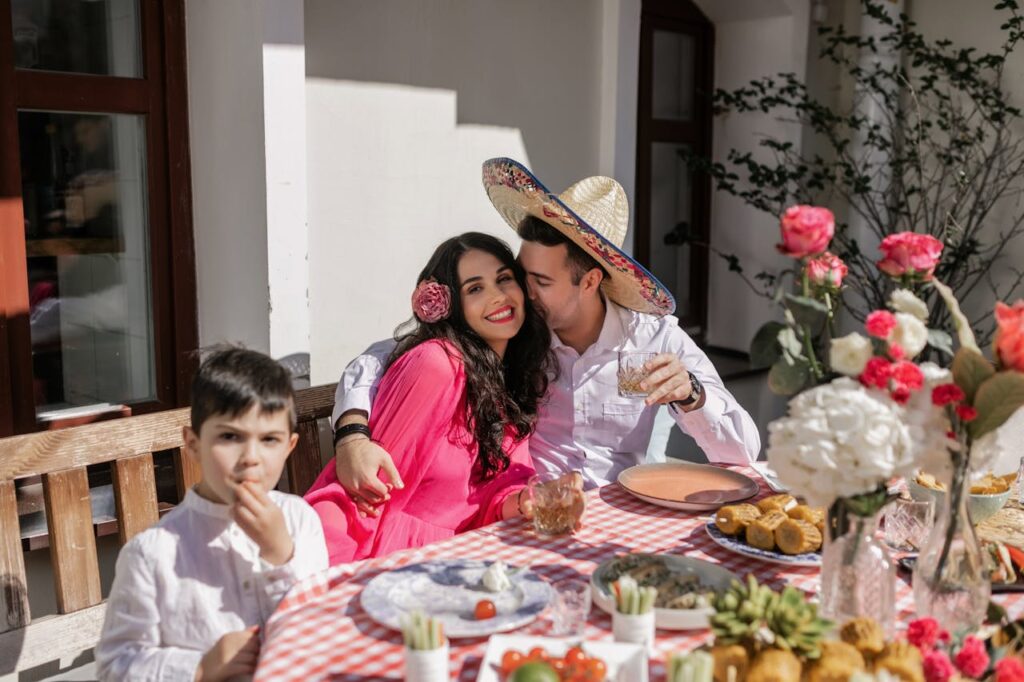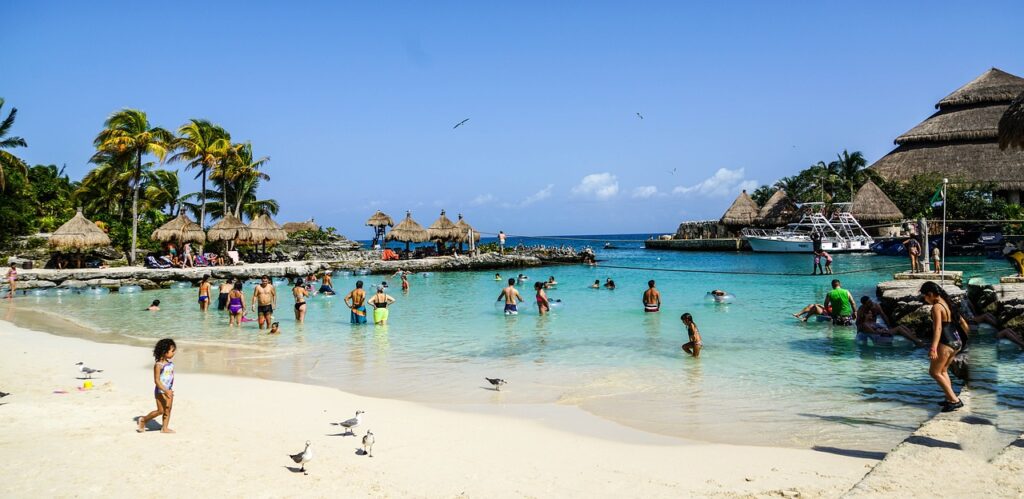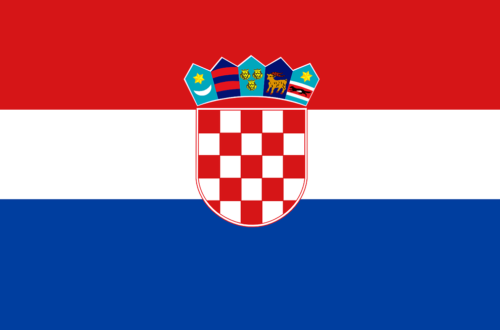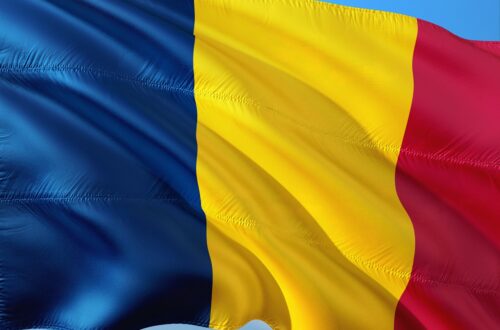
Interesting Facts About Mexican Culture (Read The Best 88)
The Role of Family in Mexican Culture

- Strong Family Ties: In Mexican culture, family members, both immediate and extended, form the cornerstone of social life. Family gatherings, particularly during occasions like Christmas Day and Holy Week (Semana Santa), are central to Mexican society. Emphasizing the value placed on familial bonds.
The Educational Pillars: From Ancient to Modern
- Oldest University in North America: The National University of Mexico, founded in the 16th century, stands as the oldest university in North America. Reflecting the country’s long history of valuing education and intellectual pursuits.
Mexican Music and Dance: A Symphony of Cultural Expression
- Mariachi and the Mexican Hat Dance: Music and dance, like the world-renowned Mariachi and the traditional Mexican Hat Dance, play a vital role in Mexican culture. Often performed during national celebrations and family gatherings.
Mexico’s Natural Wonders and Outdoor Attractions
- Pico de Orizaba and Baja California: Mexico’s diverse landscapes, from the snow-capped Pico de Orizaba to the stunning beaches of Baja California, showcase the country’s natural beauty and are a significant part of Mexican culture.
The Influence of Religion on Mexican Society
- Feast of Our Lady of Guadalupe: Religion, particularly Catholicism, has a profound influence on Mexican culture. The Feast of Our Lady of Guadalupe, celebrated on December 12th, is a significant religious and cultural event.
Mexican Cinema and Media: A Growing Global Influence
- Guillermo Gonzalez Camarena’s Contributions: Innovators like Guillermo Gonzalez Camarena, who invented an early color television system, have placed Mexico at the forefront of media and entertainment, influencing both national and international audiences.
The Evolution of Mexican Government and Law
- The Mexican Constitution and Legal System: The Mexican government operates under a constitution that has evolved over the years. Reflecting the changing needs and values of Mexican society. Mexican law, influenced by a mix of indigenous and Spanish legal traditions, is an integral part of the country’s cultural fabric.
The Rich Diversity of Mexican Flora and Fauna
- Home to the World’s Smallest Dog Breed: Mexico’s biodiversity is immense. From the golden eagle, featured on the national flag, to the Chihuahua, the world’s smallest dog breed, native to Mexico.

Language Diversity: Beyond Spanish
- Native Mexican Languages and Spanish Conquistadors: The linguistic diversity of Mexico is remarkable. With Spanish, introduced by Spanish conquistadors, coexisting alongside numerous indigenous languages spoken by different communities across the country.
The Modern Face of Mexico: Progress and Tradition
- Same-Sex Marriage and Cultural Evolution: Modern Mexico is a testament to how tradition and progress can coexist. For instance, the legalization of same-sex marriage in various states reflects the evolving attitudes within Mexican society.
FAQs About Interesting Facts About Mexican Culture
How does the Mexican family structure influence the country’s culture?
The Mexican family structure plays a fundamental role in shaping the country’s culture. In Mexican society, the family is the primary unit of social organization. Often encompassing not just immediate family members but also extended relatives.
This emphasis on familial bonds fosters a culture of communal living, shared responsibilities, and strong intergenerational connections. Family gatherings and celebrations are central to Mexican social life. And many traditions and cultural practices are passed down through family lines. This strong sense of familial unity and loyalty significantly influences Mexican values, customs, and even daily life.
What role does education play in Mexican history and society?
Education has been a pivotal force in Mexican history and society. Historically, education in Mexico has roots in the teachings of indigenous civilizations and was later influenced by Spanish colonial institutions. Post-independence, education became a tool for national development and identity formation.
The Mexican government has made significant efforts to promote education as a means of social mobility and cultural preservation. Today, education in Mexico is a blend of respecting historical and cultural heritage. While promoting modern skills and knowledge, reflecting the country’s commitment to progress and inclusivity.
How do natural landscapes contribute to the cultural identity of Mexico?
Mexico’s natural landscapes are deeply intertwined with its cultural identity. The country’s diverse geography, including mountains, deserts, forests, and coastlines, has influenced many aspects of Mexican life. From cuisine and agriculture to literature and art.
These landscapes are not only settings for daily life but also sources of inspiration and spiritual significance. Many Mexican festivals and traditions have connections to the land, celebrating agricultural cycles or natural elements. Additionally, the landscapes have shaped regional identities within Mexico. Each with its distinct customs and practices linked to their environmental context.

In what ways does religion shape Mexican traditions and festivals?
Religion, particularly Catholicism, plays a crucial role in shaping Mexican traditions and festivals. Many of Mexico’s most significant celebrations and rituals have religious origins or are tied to Catholic saints’ days.
For instance, the Day of the Dead, a unique Mexican tradition, blends indigenous beliefs about the afterlife with Catholic All Saints’ and All Souls’ Days. Semana Santa (Holy Week) and Christmas are other examples where religious observance is interwoven with cultural festivities. Featuring processions, music, food, and community gatherings. These religious events are not just spiritual observances but also important cultural expressions, showcasing Mexico’s syncretic religious heritage.
How has Mexican cinema and media contributed to the country’s cultural heritage?
Mexican cinema and media have made significant contributions to the country’s cultural heritage. By portraying Mexican life, history, and societal issues. Mexican cinema, in particular, has a rich history dating back to the early 20th century. The Golden Age of Mexican Cinema (1930s-1960s) saw the production of films that became classics. Shaping Mexican and Latin American cultural identity.
Contemporary Mexican filmmakers, such as Guillermo del Toro, Alfonso Cuarón, and Alejandro González Iñárritu, have gained international acclaim. Bringing Mexican narratives to a global audience. Television and media in Mexico also play a vital role in reflecting and shaping public opinion, cultural trends, and national identity. They serve as platforms for storytelling, entertainment, and information, contributing to the cultural and social discourse in Mexico.
Facts About Mexican Culture Conclusion (To be Continued…)
As we delve further into the interesting facts about Mexican culture, we see a country rich in tradition. And yet embracing change and progress. From the deep roots of family and education to the innovative strides in media and societal norms. Mexican culture is a dynamic and ever-evolving tapestry. This journey through Mexico’s cultural landscape reveals a nation proud of its heritage and poised for the future.





2 Comments
Pingback:
Pingback: